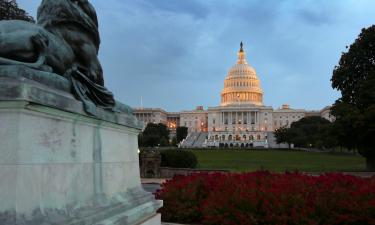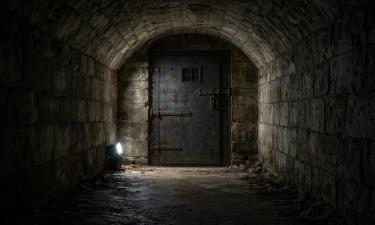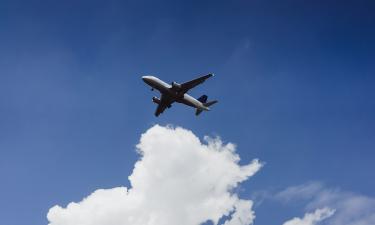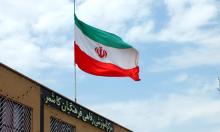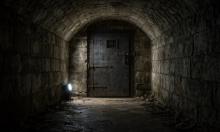Huge Gas Extraction Project Threatens Rain Forests in Peru
A number of political and economic interests join in Eastern Peru to develop an ambitious project to extract trillions of cubic feet of natural gas to export to the United States.
Two Texas-based energy companies with close ties to the Bush administration, the US and Peruvian governments, and one of the largest Argentine oil corporations want in on the action.
Project Camisea, named after the river that crosses the area, is supported by such powerful interests, because the area is believed to hold 13 trillion cubic feet of natural gas. However, environmentalists warn that it could destroy the Lower Urubamba River basin, which holds one of the world's most biologically diverse rainforests. The area is located in the western area of the world's largest rain forests system: the Amazon.
Why Peru is interested in destroying its richest biological area? This $1.45 billion project in its first stage will provide Peru with full energy independence and allow the country to pay off its $230 billion foreign debt through exports to the United States. The pipelines will cross the Andes Mountains and reach country's ports on the Pacific coast.
As for Washington, this project is part of an openly declared strategy, which consists of obtaining new alternative oil sources abroad. This is clearly linked with the planned attack on Iraq and its consequences. The US Vice President Richard Cheney first stated this strategy in a report of the National Energy Policy Development Group towards the necessity of increasing US energy reserves outside the country.
On the private side, Hunt Oil Co. of Dallas has teamed up with an Argentine company, Pluspetrol, and Tecgas from Peru for the planned $600 million exploration project, the $800 million pipeline, and the $50 million natural gas distribution network. Halliburton Co. of Houston is designing a $1 billion terminal to ship liquified gas from the Peruvian coast to the United States.
Environmental groups claim that these investments do not take into account the contamination of waterways and species' natural habitat. In turn, US Government spokesmen state that Washington has not yet made a final decision on whether or not to finance the project.
The question now is to see how the Peruvian population reacts to this project strongly encouraged by President Alejandro Toledo's administration. Toledo, who reached Presidency thanks to a platform based on social reforms to the impoverished Peruvian people, lost last weekend’s mid-term elections due to the fact that he did not fulfill his campaign promises. On the contrary, he deepened an old fashioned neo-liberal program initiated by fugitive former President Alberto Fujimori.
Hernбn Etchaleco PRAVDA.Ru Argentina
Subscribe to Pravda.Ru Telegram channel, Facebook, RSS!

